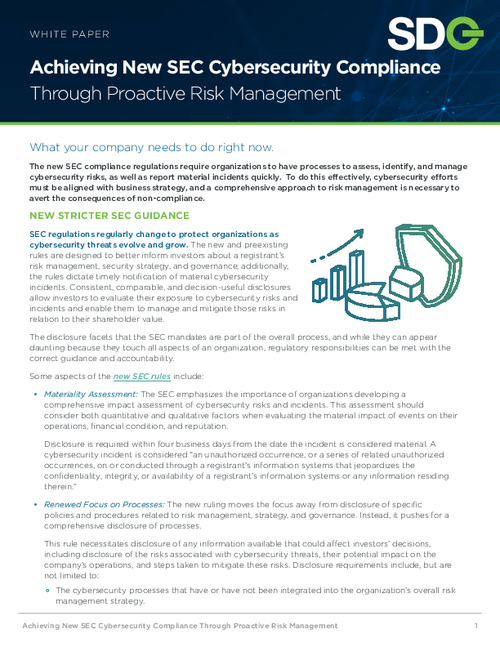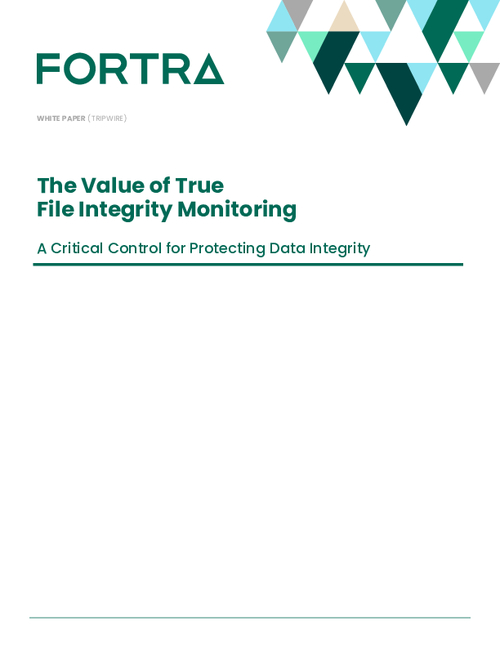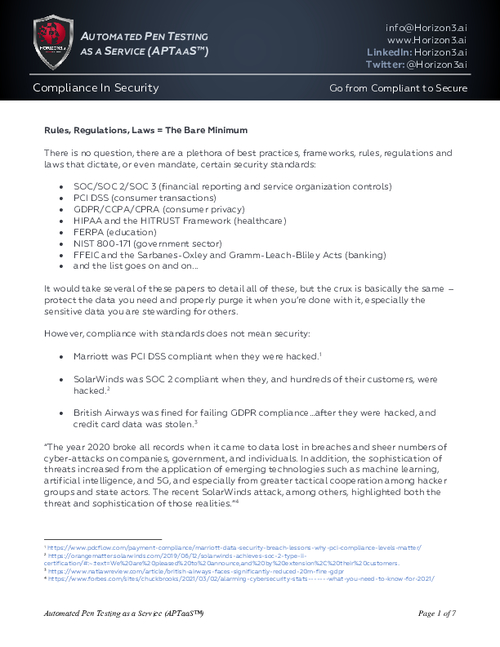Standards, Regulations & Compliance
Google-China Row Spurs on Cyber Bill
Rockefeller Promises Quick Action on his Cybersecurity Bill
Google's claim that it has proof that China has hacked Gmail e-mail accounts of human rights activists advocating Chinese human rights could spur Congress to enact legislation to safeguard government information systems and the nation's critical IT infrastructure.
Sen. Jay Rockefeller, D.-W.Va., said he intends to markup - effectively, get committee approval of - his cybersecurity bill, S 773, in the next few months. "Cyber-attacks are increasing exponentially and we need to get serious about America's cybersecurity - our nation's public and private infrastructure is too critical to remain vulnerable and unprotected," Rockefeller, chairman of the Senate Commerce, Science and Transportation Committee, said in a statement.
Google said it is reviewing whether to continue business operations with China because of the attacks and its censorship of Google searches. The Chinese government officials didn't directly address Google, but according to reports, said companies operating in China must follow its laws. Meanwhile, a White House spokesman in an e-mail to GovInfoSecurity.com, said the administration is troubled by the alleged Chinese action.
Cybersecurity experts contend that nations such as China and Russia threaten the security of American government and private-sector key IT systems, a point not lost on Rockefeller. "It's an understatement to say that cybersecurity is one of the most important issues we face; the increasingly connected nature of our lives only amplifies our vulnerability to cyber attacks and we must act now," Rockefeller said.
At least 18 cybersecurity bills are before Congress, and Sen. Joseph Lieberman, the Independent Democrat from Connecticut who chairs the Senate Homeland Security and Government Affairs Committee, said he intends to introduce shortly a comprehensive cybersecurity bill.
Rockefeller's bill, cosponsored by Maine Sen. Olympia Snowe, the ranking Republican on the Commerce panel, received much attention last spring when it was introduced because of a provision to grant the president the power to shutter Internet traffic to government sites in event of a national emergency. The measure also would establish an Office of the National Cybersecurity Adviser within the Executive Office of the President. The national cybersecurity adviser would lead this office and report directly to the president. The adviser would serve as the lead official on all cyber matters, coordinating with the intelligence community, as well as the civilian agencies. The recently named White House cybersecurity coordinator, Howard Schmidt, reports to the deputy national security adviser, though he is expected to meet directly with the president at times.
Other key elements of the Rockefeller-Snowe bill include:
- Significantly raising the profile of cybersecurity within the federal government and streamlining cyber-related government functions and authorities.
- Promoting public awareness and protecting civil liberties.
- Creating teamwork and a partnership between government and the private sector on cybersecurity.
- Fostering innovation and creativity in cybersecurity to develop long-term solutions.






















